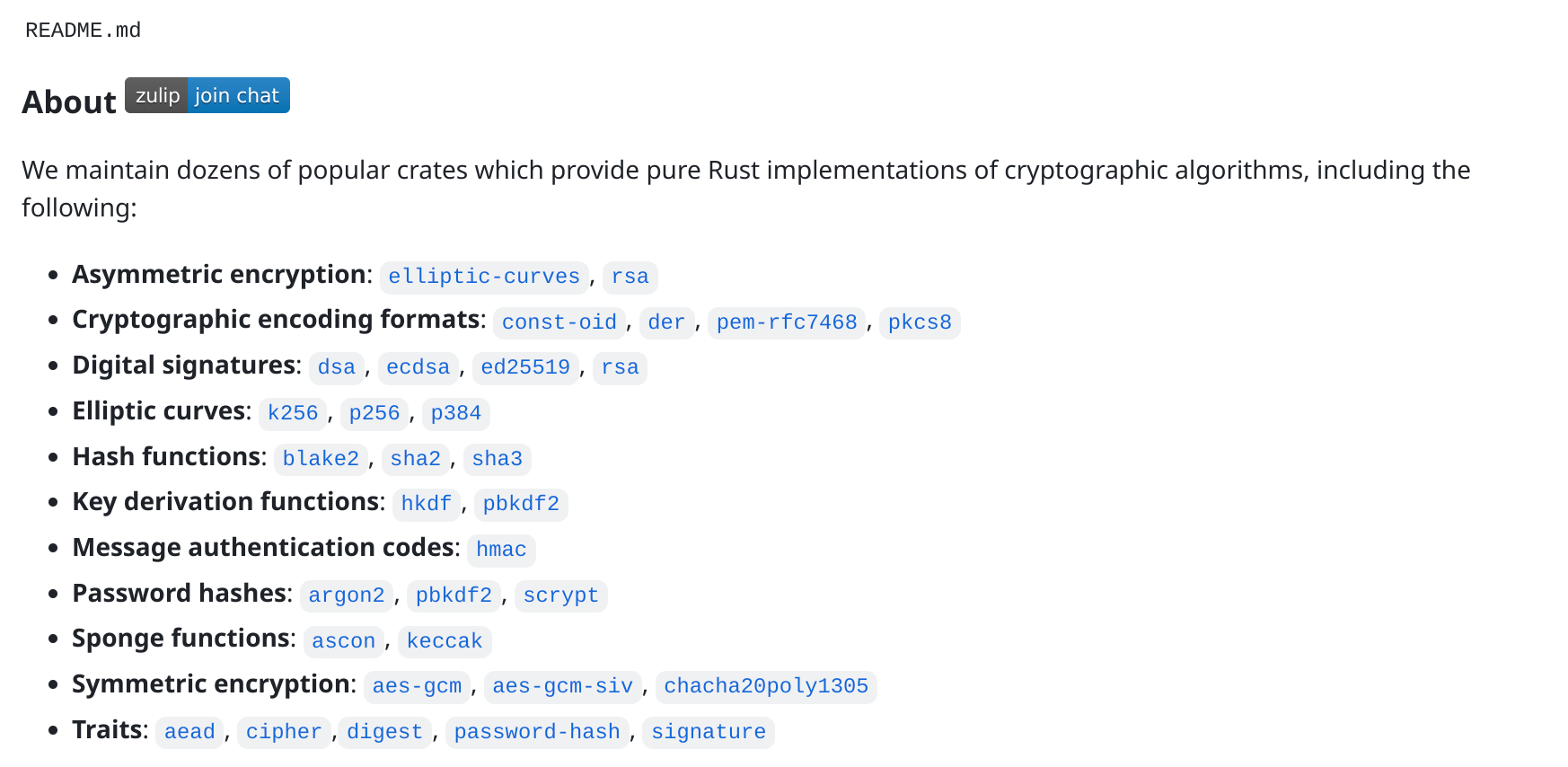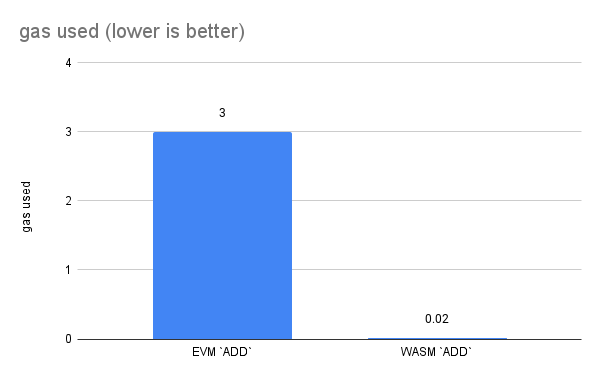Arbitrum Stylus: Why We're Excited

Two weeks ago, Arbitrum Stylus was announced. In short, Stylus provides support for native WASM execution on Arbitrum Chains, which means that smart contracts can be written in any language that compiles to WASM, including Rust, C++, and C.
The space has been positively buzzing with excitement about Arbitrum Stylus since its announcement. The ability to write smart contracts in any language that compiles to WASM is a game-changer, and opens up a world of possibilities. That being said, I've been finding that few people understand the concrete ramifications of a technology like Stylus. Others still are (rightfully) skeptical of any technology that might be seen as obviating Solidity.
But here at Caldera, we're very excited about the potential of Arbitrum Stylus and its impact on the smart contract landscape. As a rollups-as-a-service provider, we talk to the most novel, boundary-pushing teams in the blockchain space, building protocols across gaming, DeFi, zk, social, and more. For applications like these, the potential that Stylus represents is massive. And since Caldera is the top provider of Arbitrum Orbit chains, we're excited to offer Stylus to our users in the future.
We wanted to share more about why we're excited about Stylus, and how we see Stylus impacting App-rollup developers in the near future.
Wait, but hasn't alt-VM been tried before?
You're right! The blockchain space is littered with the graves of blockchain projects that have used general-purpose languages for smart contracts. Projects such as Neo, Agoric, and EOS offer support for popular languages (Java, Javascript, and C++, respectively), to limited success.
So what's different with Stylus? Stylus does not replace the EVM with WASM, but adds WASM alongside the EVM. It's an "EVM-plus" approach, not an "anti-EVM" approach.
Stylus chains still benefit from all of the power and network effects of Solidity and its related infrastructure and tooling, but also unlock a new power for developers who want to dip into a lower level language for some -- or all -- of their application logic.
The basics: write smart contracts in Rust, C++, C, and more
Firstly, it's important to understand the significance of being able to write smart contracts in languages other than Solidity. While Solidity is an incredibly powerful language that has been used to develop many successful smart contracts, it does have its limitations. Solidity's syntax can be challenging for developers who are unfamiliar with it, and Solidity has several quirks that make it a difficult language for developers to work with (such as the lack of floating-point ie "decimal numbers")
Stylus will make it easier for non-crypto-native developers to write smart contracts in the language of their choice. Right now, Stylus supports Rust, C++, and C, though since WASM is a popular compilation target for many languages many more can be supported (including other smart-contract languages like Move!). This will be especially important for companies that already have teams skilled in these languages, like gaming or fintech.
Furthermore, this allows developers to use the vast array of performant, audited libraries written in C or Rust for certain cryptographic functions. For example, Rust Crypto maintains battle-tested libraries for a litany of cryptographic algorithms, many of which have been externally audited.

And Stylus is faster. Much, much, MUCH faster
A common mantra in the startup world is that products must be "10x better" than the incumbent in order to be truly disruptive.
Well, when it comes to speed and performance, Stylus is 50-100x better. Regular stylus operations consume a comically small amount of gas compared to their Ethereum counterparts. Take for example the relative gas costs of an "add" operation:

Not only will this decrease gas usage and increase TPS for existing workflows, it'll enable entirely new categories of applications to be run fully on chain, like high-frequency trading, fully-on-chain generative NFTs, and real-time, on-chain gaming.
Stylus also massive decreases memory consumption. This'll be important for applications that will need to allocate lots of "RAM" for calculations, like some games and generative NFTs.
Memory in the EVM is very expensive, even for small footprints due to its quadratic memory model. Vitalik suggests it should change, and we agree.
— Rachel 💙🧡 (@CryptoIsCute) September 1, 2023
That's why Stylus uses a new one!
Suppose a call allocates 3.8 Megs of RAM
EVM: ~32 million gas
Stylus: ~64 𝘁𝗵𝗼𝘂𝘀𝗮𝗻𝗱 gas pic.twitter.com/YzYGbu3pR3
Stylus brings other blockchain ecosystems into the fold
The biggest alternative VMs in the crypto space are based on Rust: Cosmwasm, Substrate, and the Solana VM.
Applications from these ecosystems that want to build in Ethereum previously needed to re-architect their app from scratch in solidity. Now, we're hopeful that those applications can port their existing code via Stylus.
How does this fit in with Caldera?
Caldera is the #1 provider of Arbitrum Orbit chains. We're helping projects including Volatilis, Syndr, and Sanko GameCorp build their dedicated L3s.
We view stylus as the missing piece for many novel applications to be built on-chain. Stylus and App-Rollups are a natural fit: both are purpose-built for blockchain developers who strive to push the boundaries of what's possible.
Internally, we'll continue to hack on Stylus projects, and we can't wait to share what we've been brewing.
If you're interested in launching an Arbitrum Orbit chain, get in touch!

